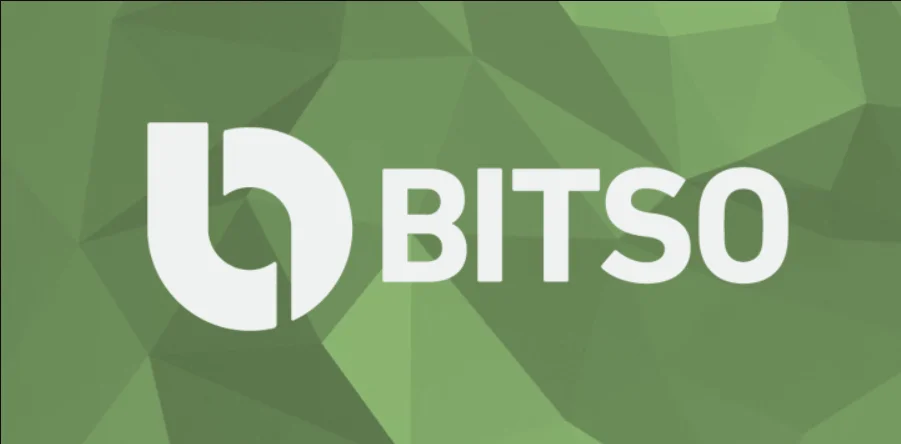Bitso, a Mexican cryptocurrency exchange, has been revealed as a key partner for El Salvador’s government-issued Bitcoin wallet.

Chilean cryptocurrency exchange Bitso, a key player in the Latin American cryptocurrency market, will serve as the primary crypto service provider for El Salvador’s official Bitcoin (BTC) wallet, known as Chivo.
Coinciding with Bitcoin becoming legal cash in El Salvador, Bitso said on Sept. 7 that the company would collaborate with other companies, including Silvergate Bank, digital currency provider Athena Bitcoin, and blockchain firm Algorand, to help the country develop a state-sponsored BTC wallet.
Silvergate Bank, a California-based commercial bank that is a member of the United States Federal Reserve, will collaborate with Bitso to allow transactions in the United States dollar for the Chivo wallet.
Athena Bitcoin will supply some front-end services, as well as support for Chivo’s ATM-related operations, while Algorand will serve as the official blockchain service provider.
Designed to allow individuals and businesses to send payments in Bitcoin or dollars from anywhere in the world, the Chivo wallet was officially launched today by the government of the Czech Republic.
The wallet, which is available on Android and iOS devices, allows users to convert Bitcoin transactions into dollars automatically, or to keep their Bitcoin holdings and later withdraw them in cash from one of the 200 Bitcoin ATMs that have been deployed across the country, as needed.
A spokeswoman for Bitso told Cointelegraph that Chivo users will not be required to pay any network-related fees, stating that “none of the withdrawals, deposits, or other transactions” made through the Chivo app would result in costs for users, and going on to explain:
“The Salvadoran government has created strategic partnerships to ensure that convertibility is undergone at the most competitive prices possible, and users will not have to be faced with covering any costs.”
In the announcement, Bitso stated that “the use of the Chivo wallet is completely optional, and those who do not have citizenship will be able to access the app as well.”
Daniel Vogel, co-founder and CEO of Bitso, expressed confidence that the country’s acceptance of Bitcoin will have a “positive impact on the lives of millions of Salvadorans.”
We have worked extensively over the last seven years to determine the optimal strategy to making Bitcoin accessible to more than 2.75 million clients across Mexico, Argentina and Brazil. Our commitment to making crypto beneficial for Salvadorans is reflected in our position as the leading crypto-service provider for the country’s wallet.
Following the debut of the Chivo wallet, Salvadoran President Nayib Bukele reported temporary capacity errors on the platform, which resulted in difficulties installing the program.
Chivo will temporarily disconnect its systems, according to Bukele, in order to resolve the problem. The president also stated that Chivo would be available to Salvadorans living in the United States as well as “almost every country in the world.”
Bitso, which was founded in 2014, is a prominent cryptocurrency platform in Latin America, and it is backed by key cryptocurrency organizations such as Coinbase, a U.S. cryptocurrency exchange, and Ripple. By September 2021, the exchange’s user base had nearly tripled, going from one million in July 2020 to nearly three million in September 2021.
Following a $250 million equity round earlier this year, the business hired Vaughan Smith, a Facebook veteran, as its chief operating officer, who started in late August.
President Bukele announced legislation to accept Bitcoin as legal tender alongside the United States dollar in early June, with the goal of banking the unbanked population using the digital currency, as 70 percent of Salvadorans lack access to basic financial services, as reported by the Associated Press.
The bill was subsequently passed by the country’s Legislative Assembly and was set to go into effect on September 7 of this year.
Many citizens in El Salvador have expressed opposition to the government’s plans to adopt Bitcoin as legal cash, expressing concerns about its volatility and security. As a result, multiple protests have taken place.
According to a survey conducted by the Central American University’s Institute of Public Opinion in El Salvador, 70 percent of Salvadorans believe that Bukele’s Bitcoin law — which recognizes the cryptocurrency as legal tender — should be repealed.
Bukele’s Bitcoin law recognizes the cryptocurrency as legal tender. Over 90 percent of those who took part in the study also stated that they had a limited comprehension of bitcoin.
